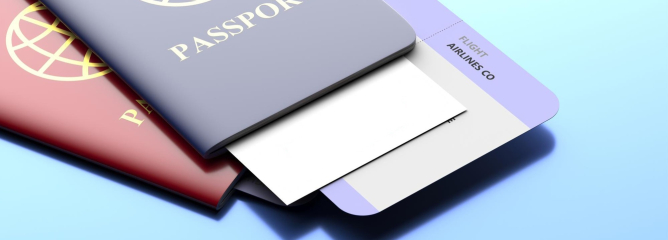
French Guiana is an overseas region of France located in northeastern South America. It borders with Brazil in the south and southeast and Suriname in the west, and is washed by the Atlantic Ocean in the northwest.
The capital of French Guiana is the city of Cayenne.
French Guiana has the status of an overseas region of France, and its form of government is a parliamentary democracy, as it is fully integrated into the French constitution and the French system of government.
French Guiana has an equatorial climate. There are high temperatures and high humidity throughout the year. The rainy season usually lasts from December to July.
The population is 319,973 people (2022).
The official language is French. The local population also speaks a Creole language known as Guiana Creole. This creole dialect combines French, African and other influences, and is widely used in everyday communication and cultural life on the island.
The economy of French Guiana is based on several key sectors such as aerospace, agriculture, fishing and tourism.
Space Industry: French Guiana is famous for its Kourou spaceport, which is used to launch satellites and rockets into space. Agriculture is also important to the country's economy. Bananas, sugar cane (almost all of which is used to make rum) and other fruits and vegetables are grown here.
Almost 90% of the country is covered by forests, so timber exports are also important to the economy.
Although the country is a remote and sparsely populated area and tourism is not so developed here, nature lovers will be interested in visiting natural parks and reserves such as Murages, Animaliere Macurinn, Tresor and others. Here you will find a real jungle with unique plants and animals.
Standards of living are generally high compared to some other countries in the region, thanks to direct integration into the French social safety net and access to education and healthcare.
The level of medical care is also high, as the region has access to the French healthcare system. The islands are equipped with hospitals and medical centers providing medical services to the population.
Education is provided at a high level and includes an education system corresponding to the French one. It includes primary, secondary and tertiary education, ensuring access to quality education for children and youth.
It is easier to find work here than in France itself, and it often pays higher. Therefore, many people come here specifically to work. The most in-demand specialists are teachers and medical personnel.
